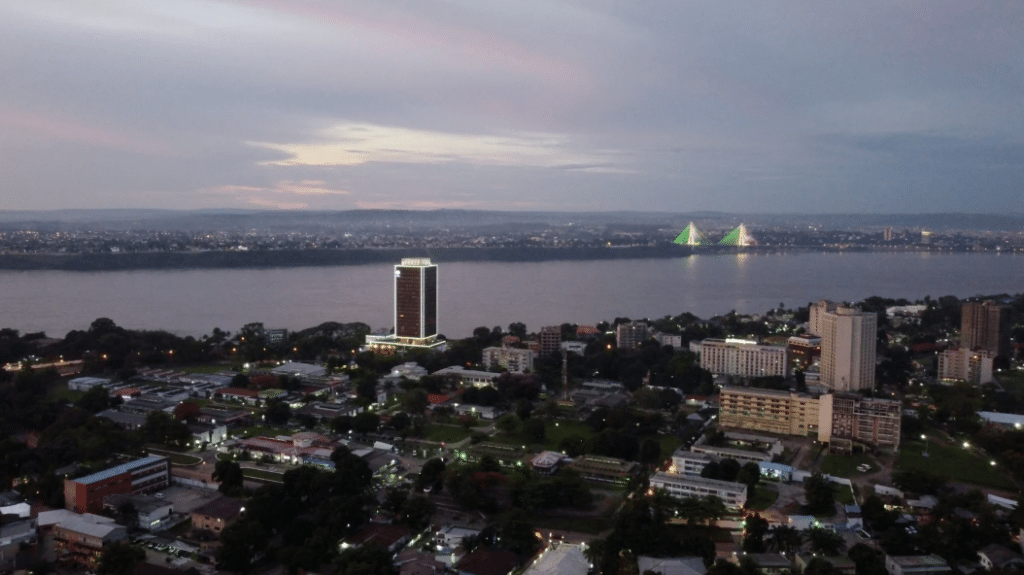
Prison overcrowding and the over-representation of remand prisoners in the Democratic Republic of Congo are well-documented facts. But what do these figures reveal about the underlying logic that guides criminal justice?
ASF has published a study entitled Pratiques et logiques sociales du placement en détention préventive à Kinshasa (Practices and social logics of remand in custody in Kinshasa), which looks at the discourse, practices and representations of public prosecutors in Kinshasa. Conducted from a legal anthropology perspective, the study’s conclusions are clear: far from being limited to the simple application of the law, pre-trial detention is part of a penal system governed, among other things, by the social logics of power, self-protection and humiliation.
A reversal of the constitutional principle enshrining freedom
Where the Constitution enshrines freedom as a principle and detention as an exception, judicial practice tends to follow the opposite pattern. Imprisonment has become the norm, a reflex imposed by the professional and contextual dynamics at work.
The all-powerful figure of the magistrate
Magistrates in the Public Prosecutor’s Office see themselves as a figure of nobility and an embodiment of the authority of the Law. A magistrate is asserted by his or her ability to order arrests. From the magistrate’s point of view, this position of authority and power underpins the legality and ethics of his or her decision.
Justice under pressure
While public prosecutors insist on examining each case individually and on the seriousness of the facts, the study highlights other considerations that influence their decisions. The risk of being implicated by their superiors or by victims leads some to take conservative decisions, thereby reinforcing the logic of incarceration. The pressure exerted by superiors, combined with the porous nature of the judicial, political and economic spheres, restricts the room for manoeuvre of judges. Judges are confronted with ‘hidden orders’ from the political authorities or their superiors. Failure to comply with these orders exposes them to sanctions that are part of a culture of humiliation and submission to power relations.
The monetisation of freedom
Pre-trial detention is also part of a system of negotiations and the commercialisation of justice. The amicable settlement of certain minor offences makes it possible to avoid lengthy and costly proceedings, but it is also accompanied by dubious practices in which the payment of fines or sureties is confused with demands for bribes. In this context, suspicion is widespread. Internal conflicts within the Public Prosecutor’s Office, particularly between magistrates and secretaries of the Public Prosecutor’s Office, add a further dimension of opacity to these procedures.
Social regulation that penalises freedom
The results of the study show that preventive detention is not just a question of law, but a genuine mechanism of social regulation. The logic of suspicion, the fear of hierarchical sanctions and the power relations between the various judicial players contribute to a dynamic in which deprivation of liberty becomes a systematic response. This situation jeopardises the fundamental principle of the presumption of innocence and illustrates the profound limitations of the Congolese judicial system.
This study is a call to rethink judicial practices and strengthen respect for fundamental rights. It reminds us that justice cannot be summed up simply as the application of legal texts: it also reflects the social dynamics that run through it. Restoring freedom to its rightful place as a principle rather than an exception is a major challenge for judicial actors and human rights defenders.



